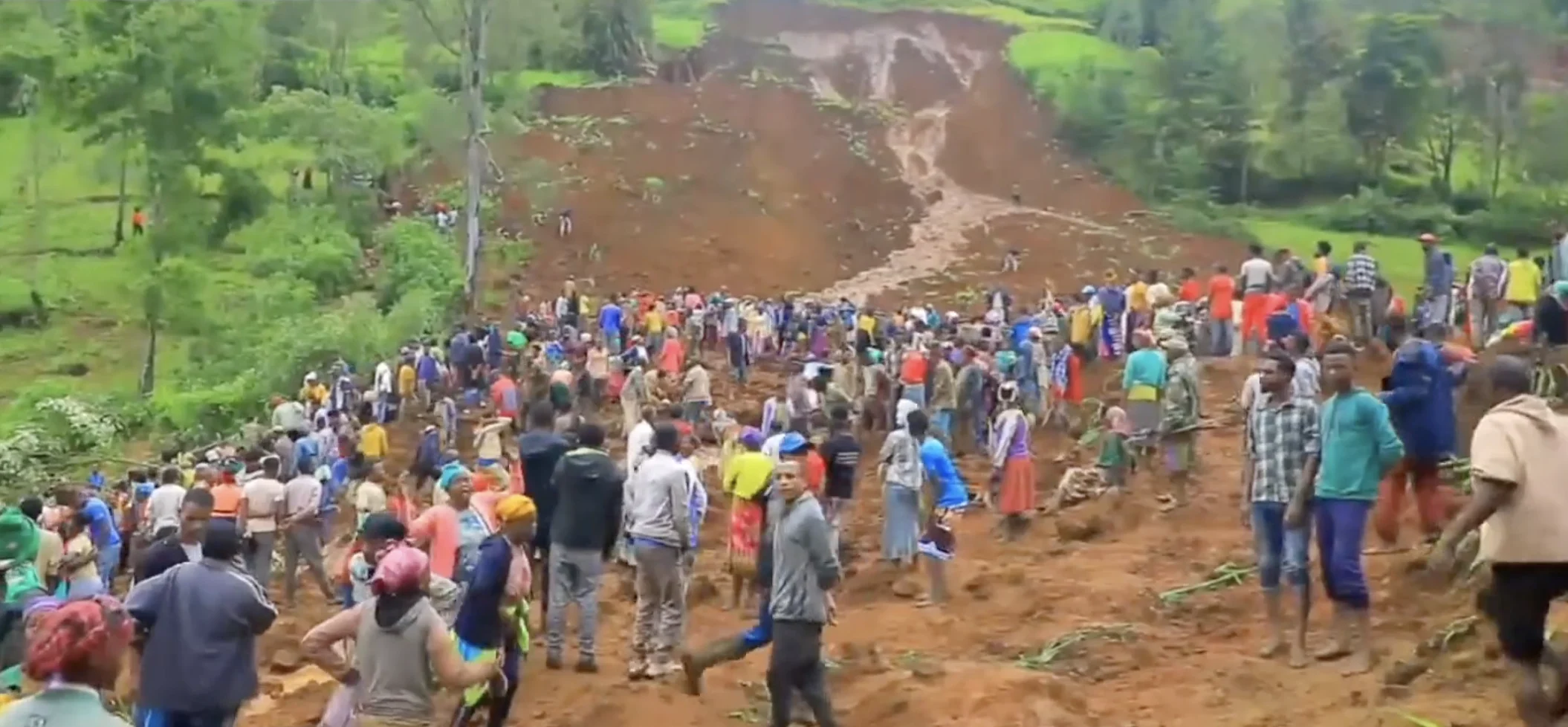Physical Address
Plot 123 Kampala, Uganda


Kencho Shacha Gozdi, Ethiopia – The death toll from the devastating landslide in southern Ethiopia has risen to 257, with the United Nations warning that it could soar to 500. Over 15,000 people are at risk, including vulnerable children and pregnant women.
Survivors are left to pick up the pieces, searching for loved ones amidst the rubble and mud. “I lost my entire family, my wife, children, and parents,” said Getachew Geza, a local resident. “I’m left with nothing, but I’m still searching for my son’s body.”
The disaster has highlighted the need for sustainable land management practices and climate-resilient infrastructure. Deforestation, soil erosion, and heavy rainfall, exacerbated by climate change, have created a perfect storm of conditions that led to this disaster.
Local residents had warned of the danger of landslides in the area for years, but their warnings fell on deaf ears. “We’ve been warning the authorities about the danger of landslides in this area for years,” said Solomon Tsoma, a local resident. “But our warnings fell on deaf ears. Now, we’re paying the price.”
The Ethiopian government has deployed troops to the area to assist with rescue efforts and provide aid, but some locals have criticized the response as slow and inadequate. As one resident noted, “The government’s response has been too little, too late. We need more support to prevent such disasters in the future.”
In fact, Ethiopia has experienced several devastating landslides in recent years, including one in 2017 that killed over 100 people. As reported in “Ethiopia’s Landslide History: A Look Back at Past Disasters,” the country’s rugged terrain and heavy rainfall make it prone to such disasters.
Climate change has also played a significant role in exacerbating the risk of landslides in Africa. As noted in “Climate Change in Africa: A Growing Concern,” rising temperatures and changing rainfall patterns have led to increased flooding and erosion, putting communities at risk.
To prevent such disasters in the future, immediate action is needed, including reforestation and soil conservation, climate-resilient infrastructure, early warning systems, and climate action to reduce greenhouse gas emissions. As highlighted in “Landslide Risk Reduction: Strategies for Sustainable Development,” a multi-faceted approach is necessary to mitigate the risk of landslides and protect vulnerable communities.
The international community must come together to support Ethiopia in this time of crisis and work towards a more sustainable future.